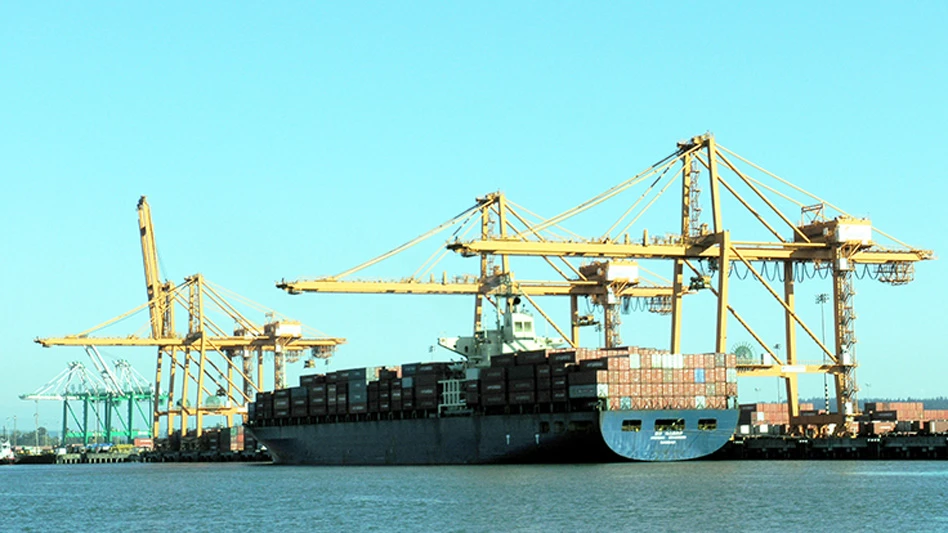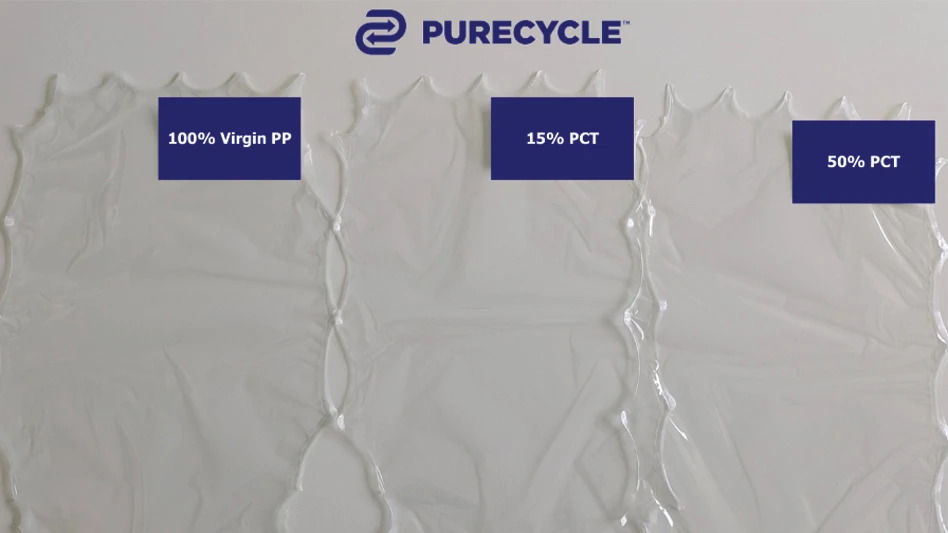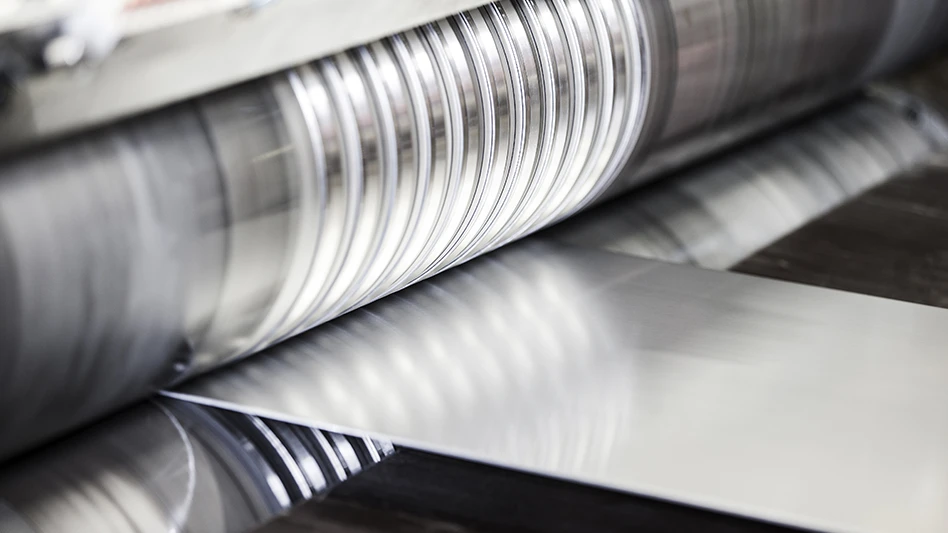
Paige Foster | Dreamstime.com
The Brussels-based European Recycling Industries’ Confederation (EuRIC) and the German Verband Deutscher Metallhändler und Recycler e.V. (VDM) are warning European Union policymakers that a newly unveiled plan could curtail metal recycling activity on the continent.
The two organizations are among other recycling-related groups casting warnings about the “Steel and Metals Action Plan,” including the Brussels-based Bureau of International Recycling (BIR) and the Washington-based Recycled Materials Association (ReMA).
“The European Commission’s Steel and Metals Action Plan, unveiled today, is a gamble with Europe’s recycling future," EuRIC says in a March 19 news release. "Instead of first securing demand for recycled metals, it prioritizes keeping ‘scrap’ in Europe, for Europe, by restricting exports, ignoring the fundamental problem: part of Europe’s recycled metals (scrap) is exported because of weak domestic demand and limited processing capacity.”
In a two-page position paper released the same day, the VDM points to European steelmakers’ organization Eurofer and aluminum trade group European Aluminium as backers of the plan to favor its corporate members at the expense of recycling firms.
“The current efforts by Eurofer, European Aluminium and other metal associations to establish an export ban on scrap in Europe fundamentally interfere with free markets and jeopardize the circular economy,” VDM says. “These measures do not serve raw material security but primarily reflect protectionist interests aimed at securing raw materials under more favorable conditions."
EuRIC says there is "no shortage of scrap in Europe," adding that 80 percent of recycled steel stays in the EU and that the 20 percent that is exported is surplus, not leakage.
The group says restricting exports from Europe won’t fix the steel industry, but it will break European recycling, citing as a precedent that in Europe, plastic recyclers are in crisis because trade restrictions were introduced before local demand was in place.
"Do we want to repeat this failure with metals?” EuRIC asks.
The organization credits the authors of the plan for recognizing a need for strong demand for recycled metals but says the plan’s timeline is flawed.
"[The plan] proposes export restrictions in 2025, then considers increasing demand in 2026—the opposite of what’s needed," EuRIC says. "The EU must first stimulate demand for circular materials in metal manufacturing, and only then consider if additional trade restrictions are necessary alongside the ones from the revised Waste Shipment Regulation.”
VDM concludes that a blanket export ban is "neither ecologically nor economically viable," calling instead for the mandatory prioritization of recycled raw materials and technological adaptation in smelters.
“The Commission’s Steel and Metals Action Plan is a chance to set the record straight and address the real causes behind the steel crisis," EuRIC Secretary General Julia Ettinger says. "Any discussions on exports are a distraction. You cannot force recyclers to keep surplus recycled materials in Europe if there is no one to buy them.”
Latest from Recycling Today
- Freight sector analysts fear container shipping chaos
- SK Tes to open ITAD facility in Ireland
- Umicore forecasts 2025 profits in line with last year
- Lautenbach Recycling names business development manager
- Sebright Products partners with German waste management equipment company
- WasteExpo transitions to biennial format for enhanced experiences
- Study highlights progress, challenges in meeting PCR goals for packaging
- Washington legislature passes EPR bill





